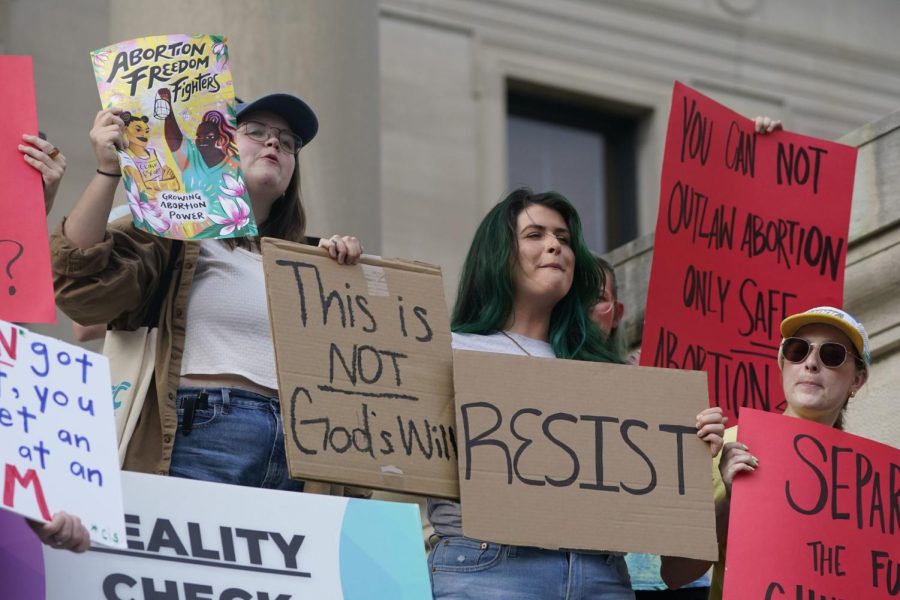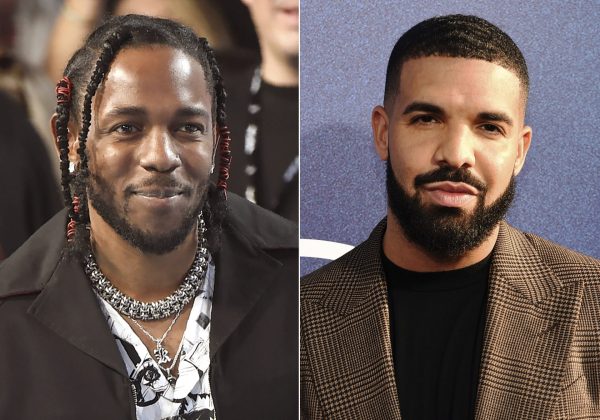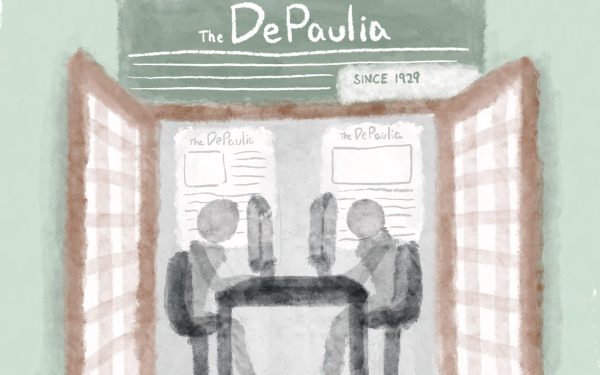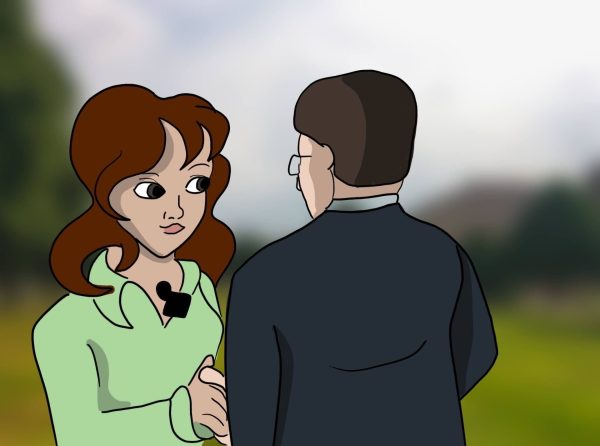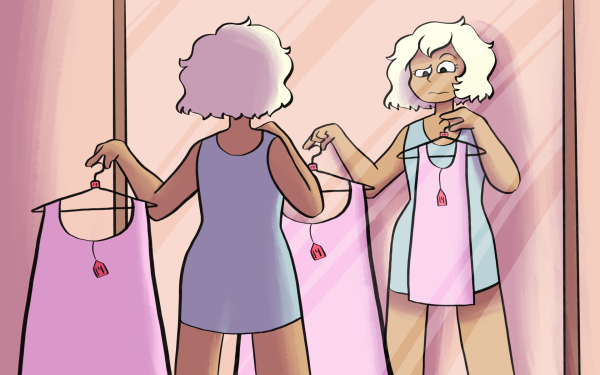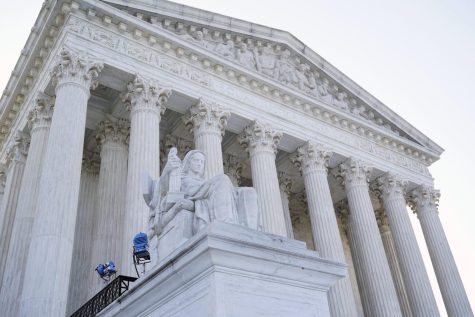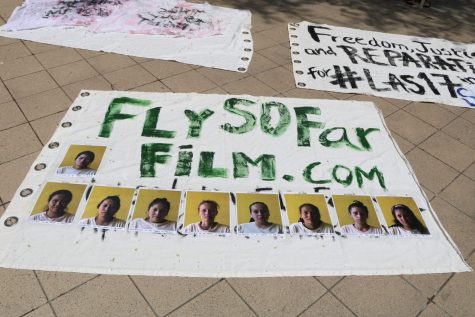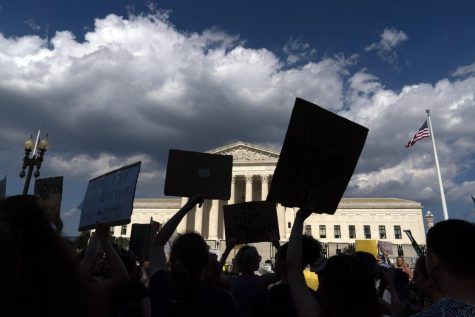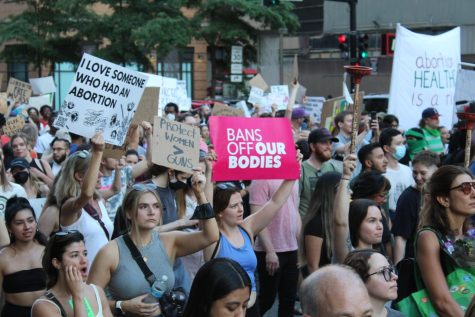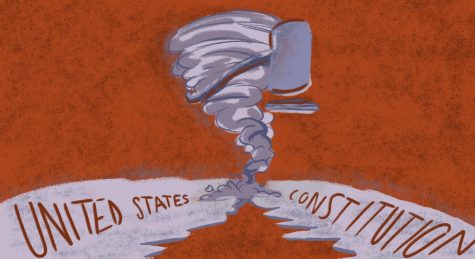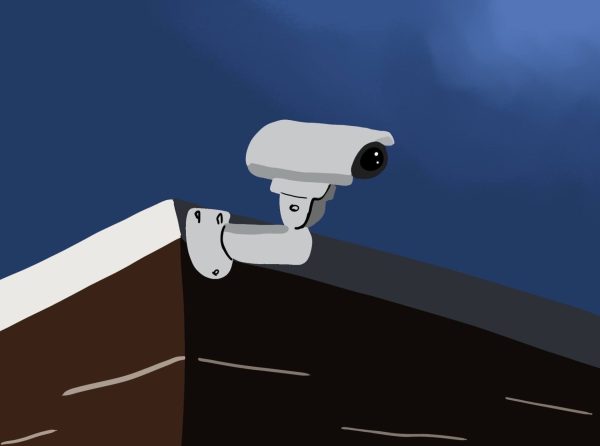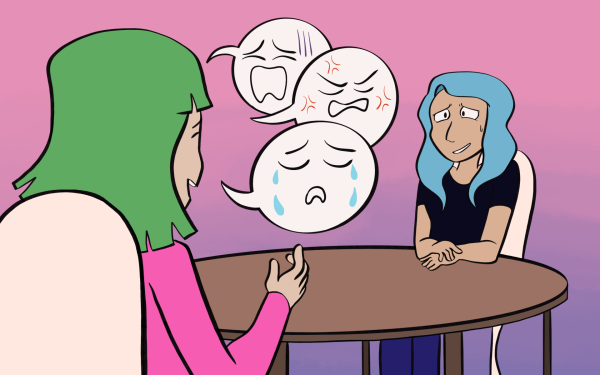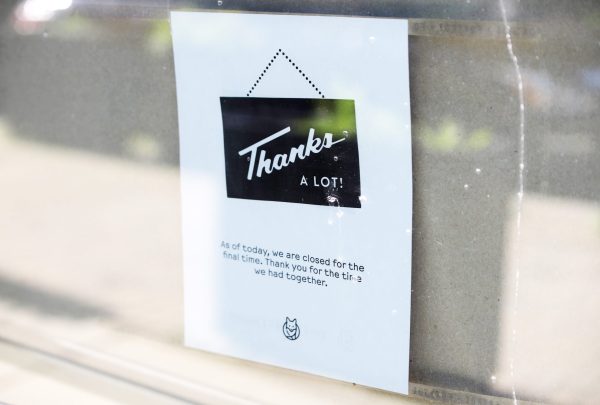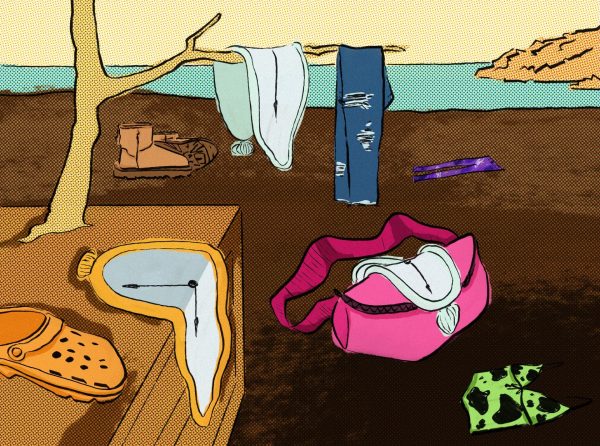The overturning of Roe is more than an attack on women; it’s an attack on religious freedom
Abortion-rights supporters protest the U.S. Supreme Court overturning Roe v. Wade, thus ending constitutional protections for abortion, Tuesday, June 28, 2022, at the Mississippi Capitol in Jackson. Mississippi Attorney General Lynn Fitch on Monday certified the state’s trigger law banning abortion except in cases where the mother’s life is in danger or a rape has been reported to law enforcement.
(While the word woman and she/her pronouns are used in this article, we, as a community, do understand that not all people with uteruses identify with these terms and are just as negatively impacted by the court’s decision.)
With the overturning of Roe v Wade, a new question has arisen for Jewish women across the United States. What happens if your religious authority tells you get an abortion while your federal government may incarcerate you? I am a woman and I am a Jew, and this week the Supreme Court made it clear that both Jews and women are undeserving of basic American freedoms. While the overturning of Roe v. Wade is an obvious attack on women’s rights, Jewish communities see this act as a clear violation of our religious freedoms.
“In Jewish law, sometimes abortion is not acceptable, sometimes it’s allowed and it needs to be discussed and sometimes it’s required,” Rabbi Sarah Mulhern, of Base Hillel in Lincoln Park said.
When we look at the trigger laws that are going, and have gone into effect, there are several situations where an abortion wouldn’t be legal by the state, but would be allowed or required by Jewish law.
“As a provider of pastoral care, this is deeply affecting my people,” Mulhern said.“Some members of our community have accessed or know they might need to access abortion care, [and] for those that may not be anticipating needing or wanting an abortion, having that right taken away is still scary on a fundamental level.”
A cornerstone of the abortion debate in America is at what point does life begin? In Judaism, the fetus is considered a sacred form of potential life. It does not hold the same status as the pre-existent life of the mother. Therefore, in Jewish law, the mother’s life will always take precedence over the potential life of the fetus since life only begins once you take a breath.
Now, the potential of life is also precious and valuable; however, it does not take precedence over a pre-existing life. Jewish law would mandate abortion in any condition that it would endanger the mother’s life. This can include anything from mental health concerns, ectopic pregnancies, cancer, or anything else that may risk the mother’s life and stability.
“[In Judaism] abortion is not murder, in any case,” Mulhern said. “It might be prohibited in some situations but it’s not murder because murder involves a human life and a fetus, while deeply valuable, isn’t considered a human life.”
Unlike most of the conversations that we are currently having regarding the overturning of Roe v. Wade, most of Jewish conversation around abortion resides in the middle ground. Judaism believes that a baby is considered to be a human life once it has taken its first breath, so the question isn’t as black and white as “commit murder or don’t”. It’s more nuanced than that because of the addition of rabbinic guidance, like speaking to a rabbi for advice and information within the religious community. Even when we look outside the religious Jewish community, the Pew Research Center shows that approximately 85% of Jewish Americans are pro-abortion rights. Jewish law has space for medical, spiritual and psychological guidance regarding abortion compared to the Christian hegemony that is steering these federal decisions.
Based on the laws a number of states have passed following the overturning of Roe v. Wade, a Jewish woman would be unable to fulfill her religious obligation to save her own life in situations where the fetus is a risk to her. This includes her physical, and according to many Rabbis, emotional well-being. By openly denying Jewish women access to abortion, the government is actively denying people their first amendment rights to religion.


